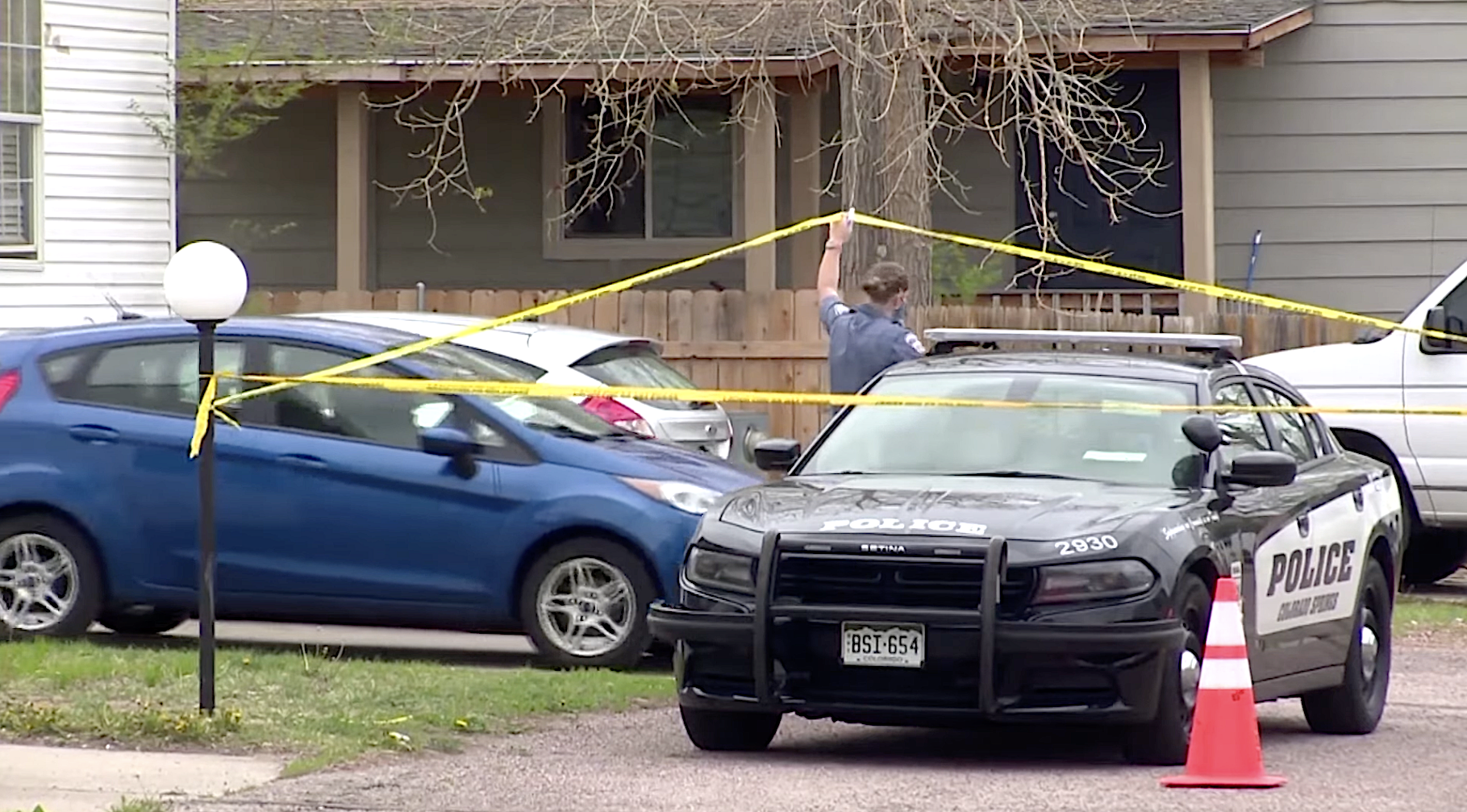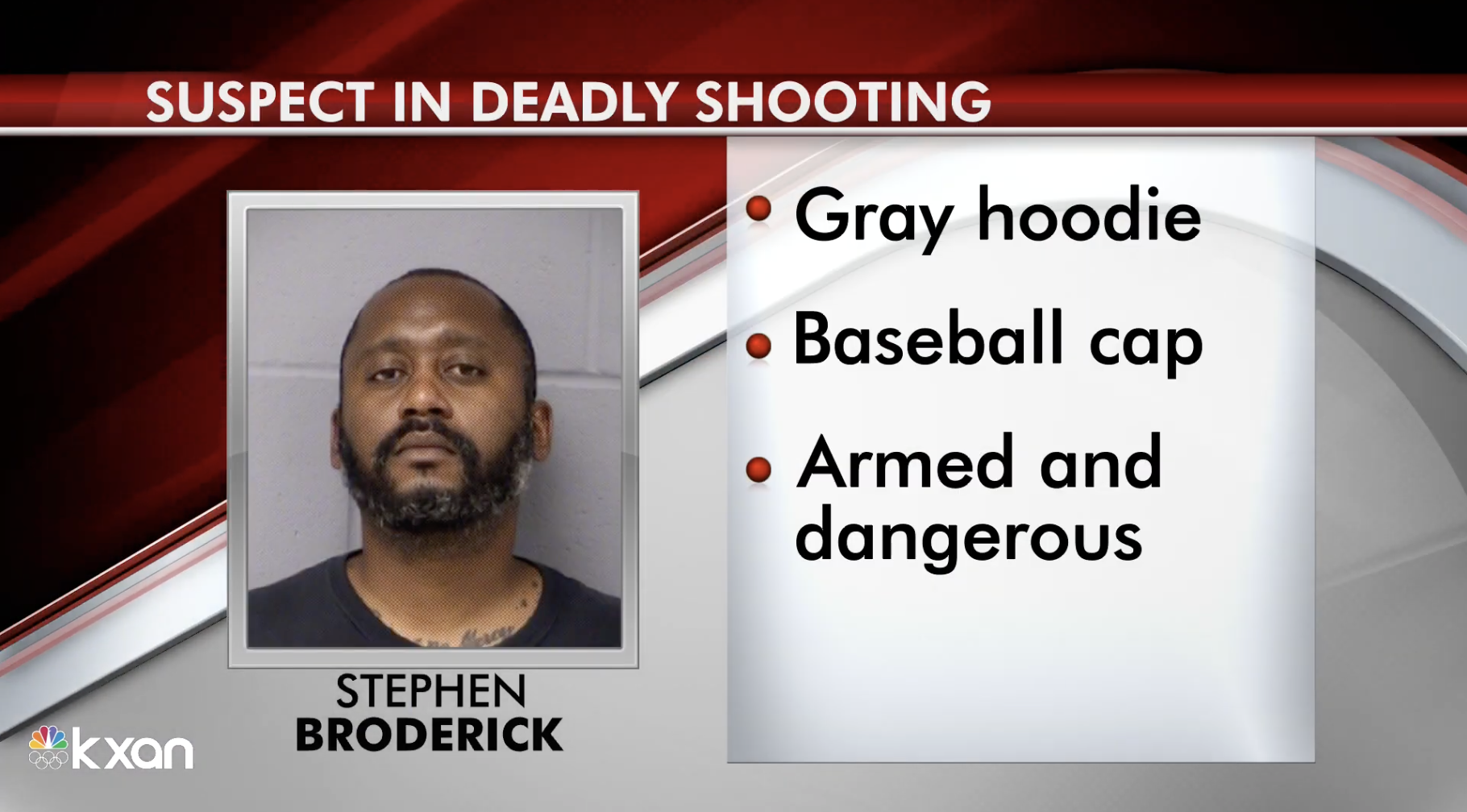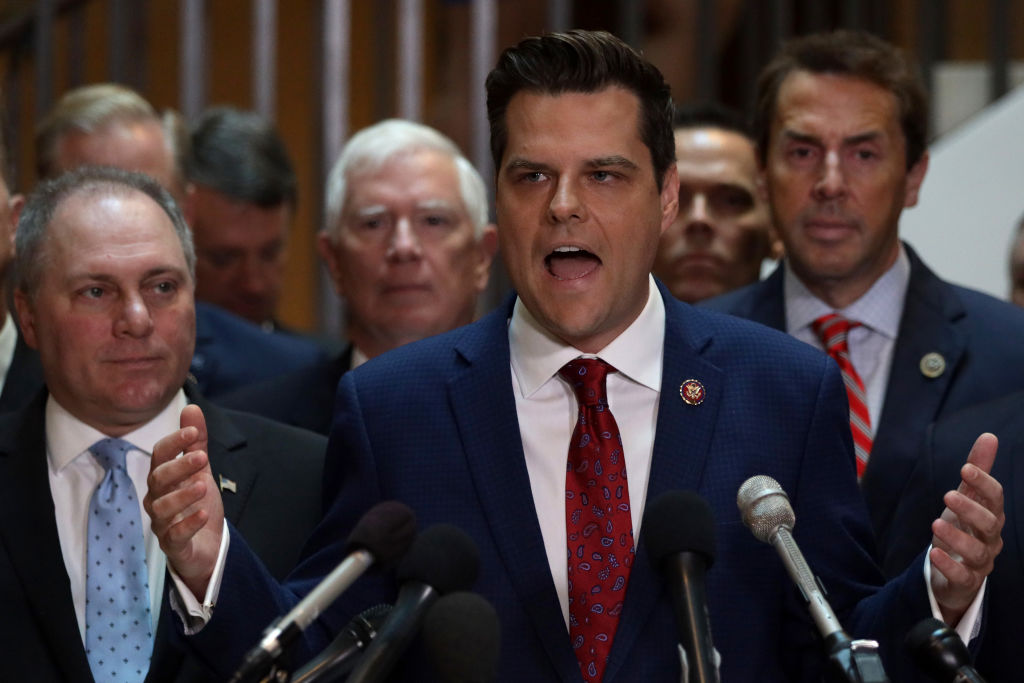What we know about gun violence may surprise you
Contradictions abound


A free daily email with the biggest news stories of the day – and the best features from TheWeek.com
You are now subscribed
Your newsletter sign-up was successful
Contradictions abound in the available data about America's gun violence epidemic. The numbers do not point to one clear trend. They do not really tell us whether we are managing risk any better. They are confusing. They often contradict the confident assertions made by partisans. There is plenty of fruit to cherry pick.
So what do we actually know?
The first thing to know is that violent crime of all types is down. In the United States, there are half as many gun homicides today as there were in 1997.
The Week
Escape your echo chamber. Get the facts behind the news, plus analysis from multiple perspectives.

Sign up for The Week's Free Newsletters
From our morning news briefing to a weekly Good News Newsletter, get the best of The Week delivered directly to your inbox.
From our morning news briefing to a weekly Good News Newsletter, get the best of The Week delivered directly to your inbox.
Why? Steven Pinker has a number of theories that try to bridge the gap between psychology, evolution, and criminology. More (and better, but more aggressive) policing has helped; new technology like cell phones make it easier for people to get help when they're shot, easier for police to track criminals, easier for emergency room doctors to more effectively treat gunshot wounds. The decline in the use of lead, which, it seems, fritzes the brain of people who grow up with it in their walls, probably helped too.
But wait. Black people are killed by guns at twice the rate of white people, and more than twice the rate of Latinos.
Do existing gun laws help? Maybe. Between 1994 and 2012, according to stats provided by Igor Volsky of Think Progress, 2.4 million fugitives, felons, and domestic violence perpetrators were stopped by background checks from purchasing weapons. On the other hand, the Government Accountability Office found that 1,300 people whose potential connections to terrorism were deep enough to get them watchlisted were able to buy guns; 90 percent passed the FBI background check.
As I said, contradictions abound.
A free daily email with the biggest news stories of the day – and the best features from TheWeek.com
The same is true of Americans' rather confused views on gun laws.
- A large majority of Americans support specific gun control measures, like federal tracking of gun sales, when asked.
- But most Americans don't think gun laws make much of a difference, anyway.
- And half see the right to bear arms as being under threat now. This number has been growing steadily, according to a Washington Post analysis of the data. And 57 percent of Americans think that stricter gun laws would empower the federal government to a dangerous degree.
- Ideological polarization has increased; more Republicans now oppose gun laws, while the percentage of Democrats who feel one way or the other has stayed relatively constant.
Guns are everywhere. There are 300 million of them in circulation in America, which translates to about 88 guns for every 100 people. Unless Americans are naturally more violent than Europeans and Australians, the presence of so many guns is the main reason why, despite the decline in gun violence, America remains so much more violent than other countries with high standards of living.
This can lead to some scary statistical marshaling.
- The U.S. accounts for 87 percent of the world's gun death rate for children under 14.
What percentage of gun deaths comes from mass shootings versus gang/drug violence or domestic violence situations? A fairly tiny fraction. Miniscule, even. Slightly more than one percent, Terrorism? Less than one half of one percent.
The plurality of gun deaths are suicides, Vox notes. And yes: Living in a household with guns makes it far more likely that you'll become a victim. Accidentally killing someone else with a gun accounts for a little less than two percent of all gun deaths each year.
The mentally ill committed, at most, five percent of all gun homicides each year.
Are mass shootings increasing? Probably not.
Marc Ambinder is TheWeek.com's editor-at-large. He is the author, with D.B. Grady, of The Command and Deep State: Inside the Government Secrecy Industry. Marc is also a contributing editor for The Atlantic and GQ. Formerly, he served as White House correspondent for National Journal, chief political consultant for CBS News, and politics editor at The Atlantic. Marc is a 2001 graduate of Harvard. He is married to Michael Park, a corporate strategy consultant, and lives in Los Angeles.
-
 Why is the Trump administration talking about ‘Western civilization’?
Why is the Trump administration talking about ‘Western civilization’?Talking Points Rubio says Europe, US bonded by religion and ancestry
-
 Quentin Deranque: a student’s death energizes the French far right
Quentin Deranque: a student’s death energizes the French far rightIN THE SPOTLIGHT Reactions to the violent killing of an ultraconservative activist offer a glimpse at the culture wars roiling France ahead of next year’s elections
-
 Secured vs. unsecured loans: how do they differ and which is better?
Secured vs. unsecured loans: how do they differ and which is better?the explainer They are distinguished by the level of risk and the inclusion of collateral
-
 Gunman kills 6, himself at Colorado Springs birthday party
Gunman kills 6, himself at Colorado Springs birthday partySpeed Read
-
 Columbus police fatally shoots Ma'Khia Bryant, 16, quickly releases body-cam footage
Columbus police fatally shoots Ma'Khia Bryant, 16, quickly releases body-cam footageSpeed Read
-
 Austin police, feds searching for ex-sheriff's deputy accused of killing 3, in Sunday's 2nd mass shooting
Austin police, feds searching for ex-sheriff's deputy accused of killing 3, in Sunday's 2nd mass shootingSpeed Read
-
 At least 8 dead in Indianapolis FedEx shooting
At least 8 dead in Indianapolis FedEx shootingSpeed Read
-
 Scalise says GOP will 'take action' on Gaetz if DOJ moves ahead with 'formal' case
Scalise says GOP will 'take action' on Gaetz if DOJ moves ahead with 'formal' caseSpeed Read
-
 Watchdog report: Capitol Police knew about potential for violence on Jan. 6, but held back
Watchdog report: Capitol Police knew about potential for violence on Jan. 6, but held backSpeed Read
-
 Former classmate arrested in 1996 disappearance of college student Kristin Smart
Former classmate arrested in 1996 disappearance of college student Kristin SmartSpeed Read
-
 Report: Gaetz associate has been cooperating with federal investigators since last year
Report: Gaetz associate has been cooperating with federal investigators since last yearSpeed Read
